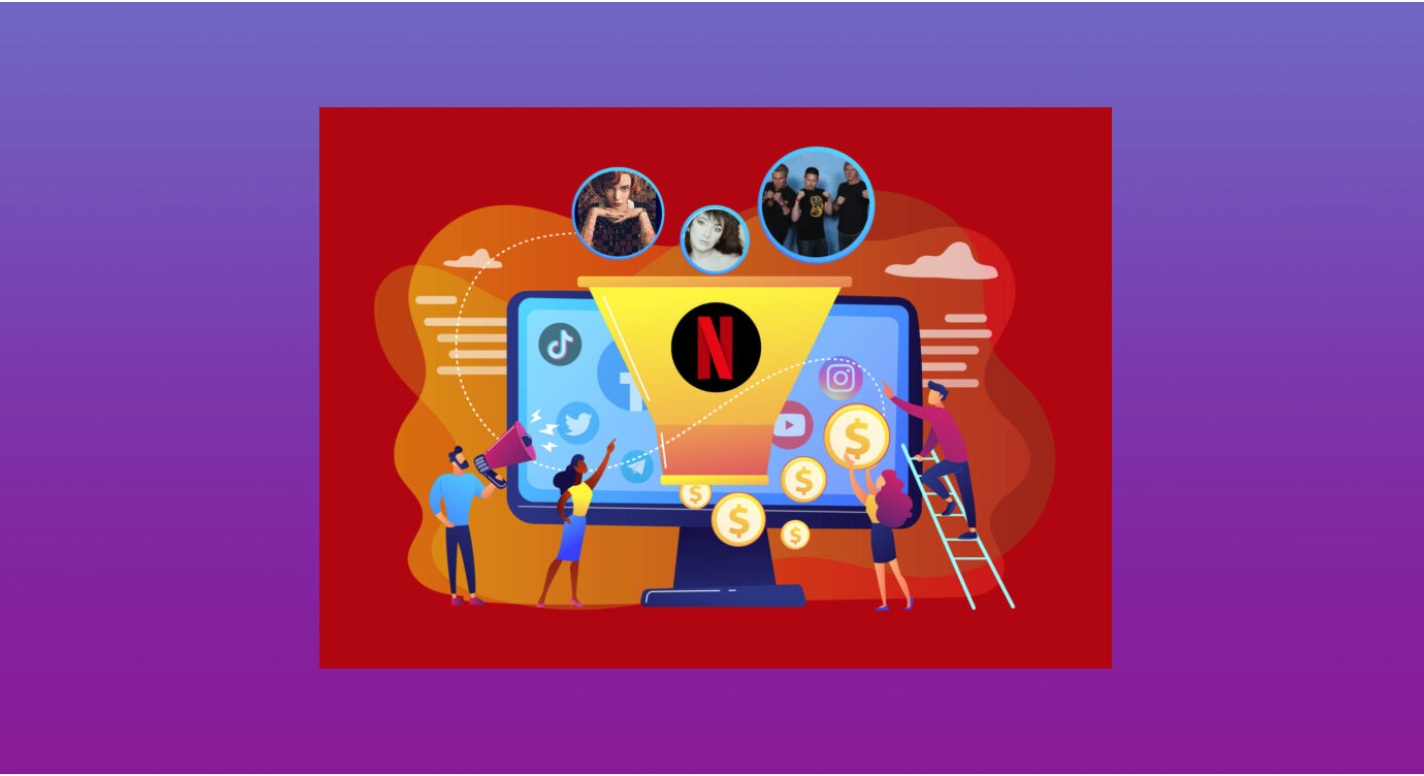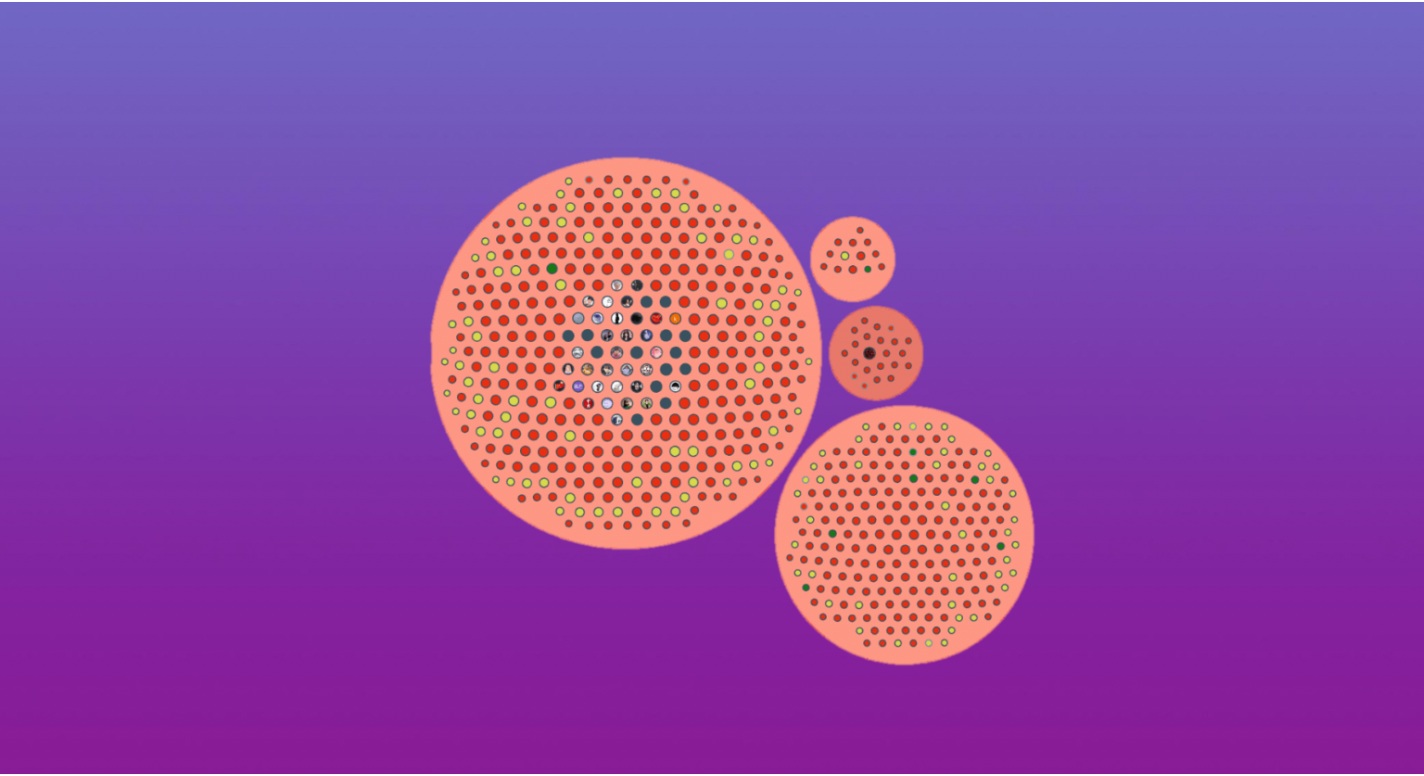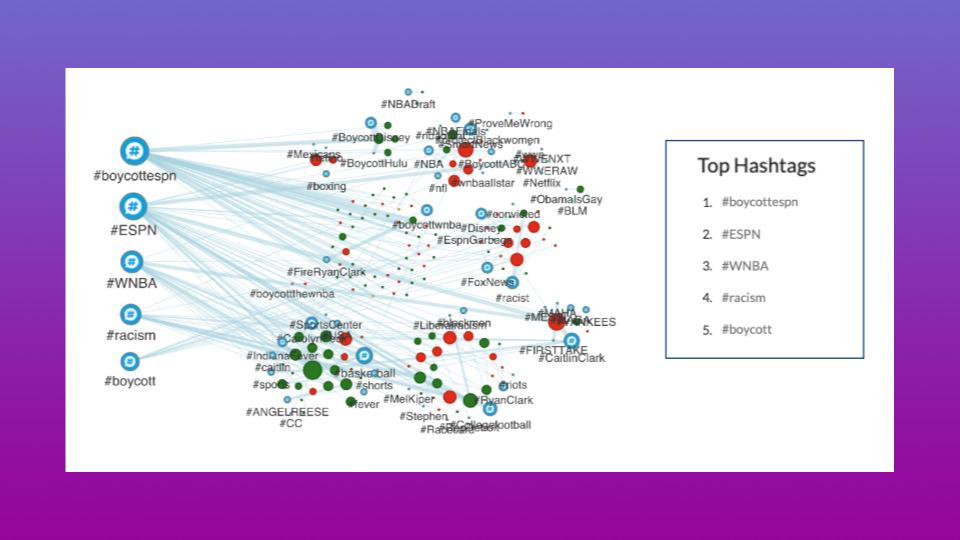Phantom Fans Influencing the ESPN Conversation
Cyabra revealed that 41% of anti-ESPN discourse came from fake profiles, which reached an estimated audience of 150,000.
Cyabra uncovered a coordinated influence operation against ESPN, where 41% of the accounts driving criticism were fake. These inauthentic profiles hijacked hashtags and interacted with real fans.
The campaign pushed polarizing themes, from racism in WNBA coverage to calls for boycotts. Cyabra’s analysis shows how fake networks can infiltrate online debate and heighten reputational risk for major brands.
#Brand Reputation, Threat Actors
Fill up the form below and receive the full report directly to your inbox
Related reports
The Netflix Effect
August 18, 2022
A study of social trends that followed the most successful Netflix shows.

Climate Crisis Misinformation Report
January 2, 2022
An analysis of climate change misinformation spread by real and fake profiles.

The China-Taiwan Crisis
September 18, 2022
Following Pelosi’s visit to Taiwan, Cyabra uncovered massive numbers of fake profiles.

